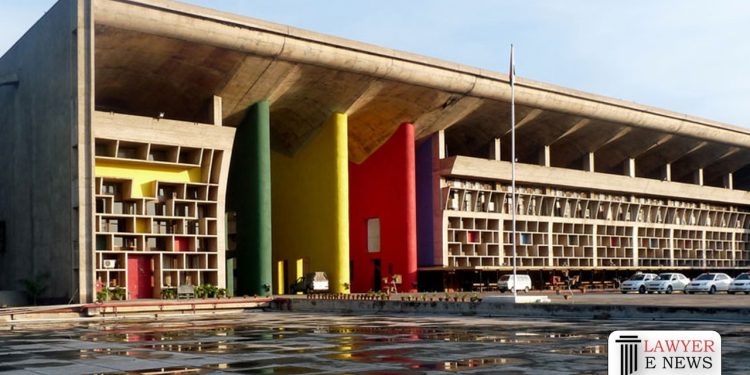Punjab and Haryana High Court Acquits Appellants in NDPS Case – Violation of Procedural Safeguards

In a significant ruling, the Hon’ble Mr. Justice Harpreet Singh Brar passed a judgment acquitting the appellants Arjun Singh @ Marra, Manohar Lal, and Sukhwinder Singh @ Billa in a Narcotic Drugs and Psychotropic Substances (NDPS) Act case. The court observed that the prosecution failed to adhere to crucial procedural safeguards, leading to the suffocation of the prosecution case.
Justice Brar remarked, “The sanctity of statutory instructions cannot be blatantly flouted, and substantial compliance must be insisted upon to preserve the physical evidence’s integrity.”
The case revolved around the conflict between Section 52-A of the NDPS Act and Standing Order No. 1 of 1988, which required drawing representative samples of the seized contraband. The court found that the investigating agency violated the Act’s provisions by not following the specified procedure for sample drawing.
Further, the court stressed the importance of associating an independent witness during the investigation. Quoting a previous Supreme Court decision, Justice Brar emphasized, “Failure to involve an independent witness creates doubts regarding the impartiality of the investigation.”
The judgment highlighted the significance of fair and impartial investigations in criminal cases, underscoring that “justice must not only be done but must appear to be done.” The court also cited the legal maxim “nemo debet esse judex in sua propria causa,” which means “no one should be a judge in their own case.”
While the case was pending prior to a recent landmark ruling, the court clarified that the law laid down in the subsequent case would not be retroactively applied to cases in progress. However, in this specific case, the prosecution evidence was deemed inadequate to prove the appellants’ complicity beyond a reasonable doubt.
This ruling reaffirms the paramount importance of adhering to procedural safeguards during investigations to ensure a fair trial, as guaranteed under Article 21 of the Constitution of India. It also underscores the need to avoid conflicts between statutory provisions and instructions, preserving public faith and trust in the criminal justice system.
Date of Decision: 28th July 2023
Arjun Singh @ Marra and another vs State of Punjab






